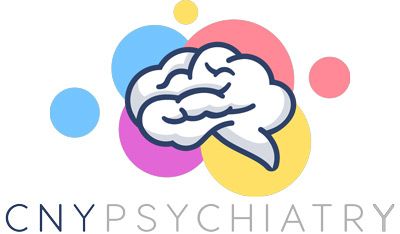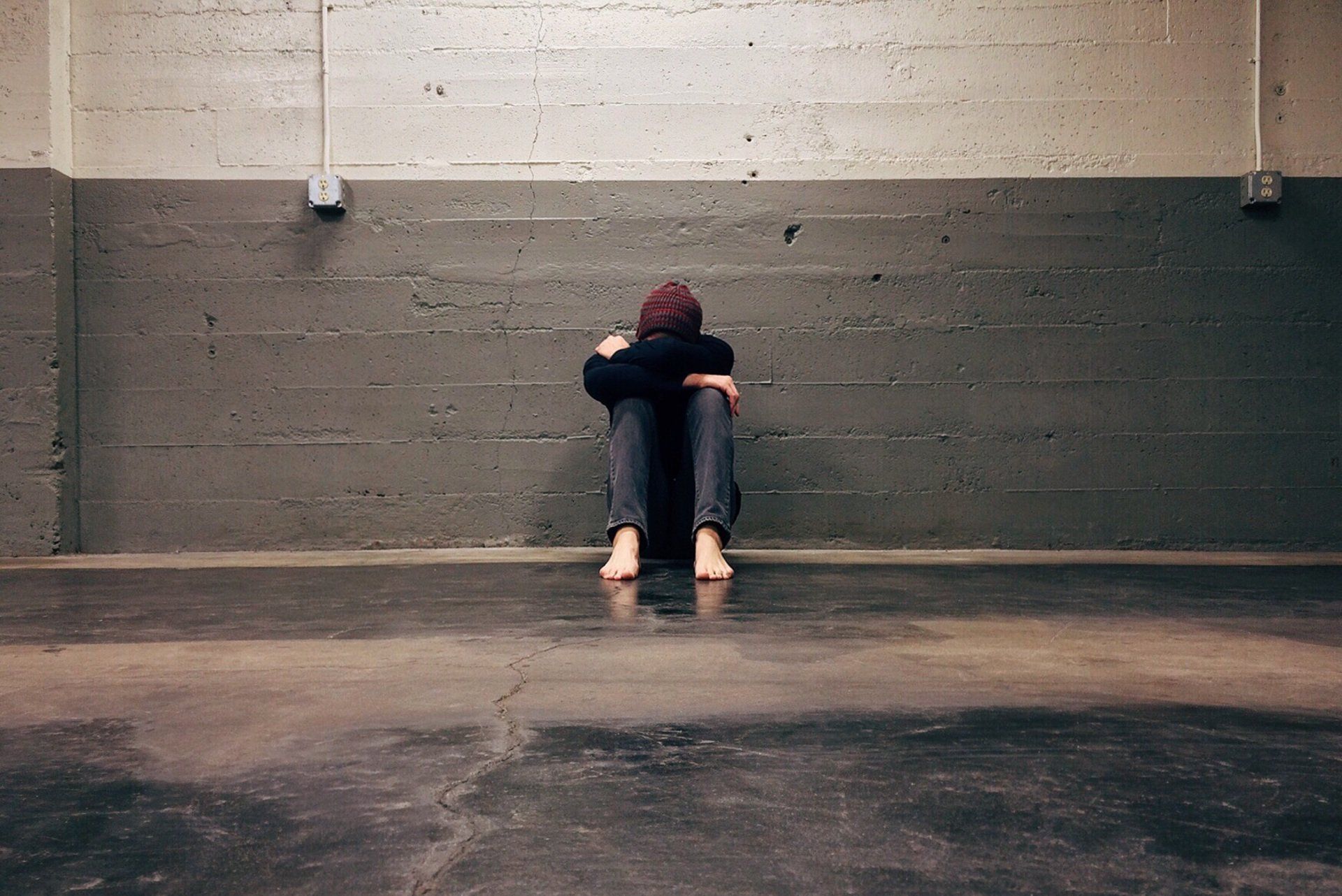Sleep Disorder Treatment: Tips to Improve Your Sleep
Jason Stepkovitch • July 29, 2020

“I Can’t Sleep.” It’s one of the most common complaints a psychiatrist hears over the course of the workday.
Insomnia is a massive topic to cover with a ton of new information coming out regularly, so I’ll try to hit on a few key points which I would want any patient of mine to be aware of. First of all, sleep is integral to our health, both physically and mentally. Insomnia is associated with obesity, increased cardiovascular and stroke risk, increased risk of developing memory issues later in life, such as Alzheimer’s dementia, increased diabetes risk, as well as suppression of our immune response which can leave us more susceptible to viral illness. Mentally, insomnia is often associated with depression and anxiety, amongst other mental health issues.
Why is sleep so important to us? While the answer to this question isn’t a simple one, current evidence would suggest that sleep, particularly the restorative, deep sleep seen in later stages allows the neurons in our brain to detoxify. During deep sleep, certain types of brain cells called glial cells literally shrink, allowing cerebrospinal fluid to flush toxins, such as beta amyloid and tau proteins (both seen in high amounts in the brains of those with Alzheimer’s disease), out of the brain.
Identifying the potential causes of insomnia, particularly chronic insomnia, is extremely important. Fully treating anxiety and depression, if present, is integral to improving sleep quality. At the same time, depression and anxiety are viewed as a sleep disorder, so treating the insomnia along with the other symptoms associated with these conditions is considered standard of care.
Addressing the behavioral components to insomnia are a must. Having a set schedule, both in terms of going to bed as well as waking up, every day of the week, is important. Allowing yourself time to wind down prior to going to bed, turning off devices and screens, limiting physical activity, not ingesting caffeinated beverages after late afternoon, and using the bedroom as a place of rest and relaxation rather than an entertainment center, are all things sleep experts recommend.
For those who struggle with racing thoughts, incorporating a meditation practice and/or utilizing deep breathing techniques can be quite helpful in developing the skill of quieting one’s mind at bedtime.
While medications, including prescription medications, can be invaluable tools in the management of acute, severe insomnia, overuse of these medications can become problematic and can have the unfortunate effect of the individual becoming psychologically dependent on the medication, believing that natural sleep is no longer possible without the aid of a pill. For our patients undergoing TMS, the right-sided, inhibitory protocol we use for anxiety tells neurons to slow down, facilitating a more relaxed state which has also been shown to improve insomnia. Psychotherapy is also a very important treatment option for individuals continuing to struggle when other efforts haven’t worked. A specific type of cognitive behavioral therapy, CBT-i, has been shown to be superior to medications in the treatment of insomnia. CBT-i can be done online, as this is a very structured form of therapy which is time-limited.
This is a very quick review of sleep and potential treatment options. If you or a loved one are suffering from insomnia, I would recommend talking with your primary care physician or your mental health provider about potential treatment recommendations.






